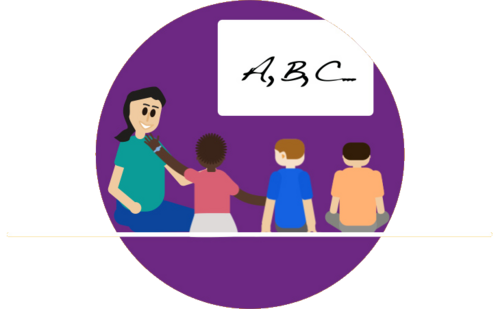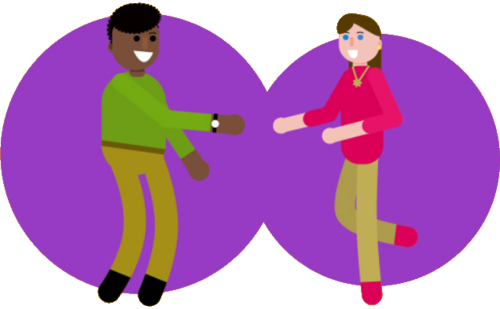Education
A space where teachers and educational psychologists will be able to obtain different tools to better understand the different personalities, characteristics and behaviors of the children of the institution in which they work. The best way in which teachers and educational psychologists can observe their groups and students, in order to better support them in the areas that are needed.
Playing is a very important activity for the lives of children and young people, and especially if it is a game in which they have to be mentally and emotionally involved. Today the youngest are increasingly immersed in the world of technology, which in part can be very useful, however they are losing highly relevant social and communication skills to be able to have a socially healthy life.

Benefits:
- Have a space where children and/or adolescents can be observed in different scenarios that are not necessarily related to the educational institution.
- Identify attitudes and behaviors of children and/or adolescents, so that problems that they may be having at that time can be detected; and in this way to be able to act on time and support them before it is too late.
- To be able to better understand the different personalities of children and/or adolescents individually, because one behaves differently when in a group than as an individual, and in this way to be able to know the individual in greater depth. So that with this the teachers can give a more personalized treatment to each of the students.
Purpose:
That teachers and educational psychologists have a space where they can observe the different characteristics and behaviors of the children and/or adolescents of the institution in which they work, in order to better support them in the areas that are needed.
Methodology:
Children and/or adolescents, through their imagination and creativity, recreate various situations related to their real day-to-day experiences in different spaces (school, at home, with friends, etc...) and immediately afterwards they are analyzed and they reflect, in order to rescue important aspects for the development of different social skills, as well as to generate greater awareness about their behaviors, behaviors and attitudes; and in this way reinforce security and confidence in themselves. Teachers and educational psychologists observe the improvisations in order to understand and get to know the children and/or adolescents better and to be able to give a much more personalized and specific support to each one of them.

Exercises & Activities:
- Role-play.
- Creation of various scenarios and situations.
- Improvisation (immediate response to unforeseen situations).
- Reflection and analysis of the different representations that take place in each session.
Contents:
- Day-to-day situations in different scenarios:
- At school.
- At home.
- With friends.
- In extracurricular classes.
- Emotions: Our work tool.
- Memories as tools.
- Real situations.
- The here and now.
- Conflict.
- Analysis and reflection on behaviors and attitudes:
- What have I been able to discover about each of my students?
- How can I help and give more support to my students?
- How can we support this specific student, with this specific problem?
- What measures to take in the face of the problems that we can detect?